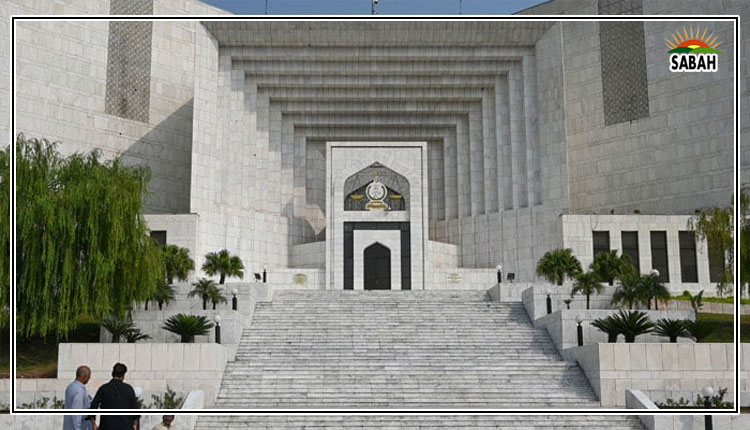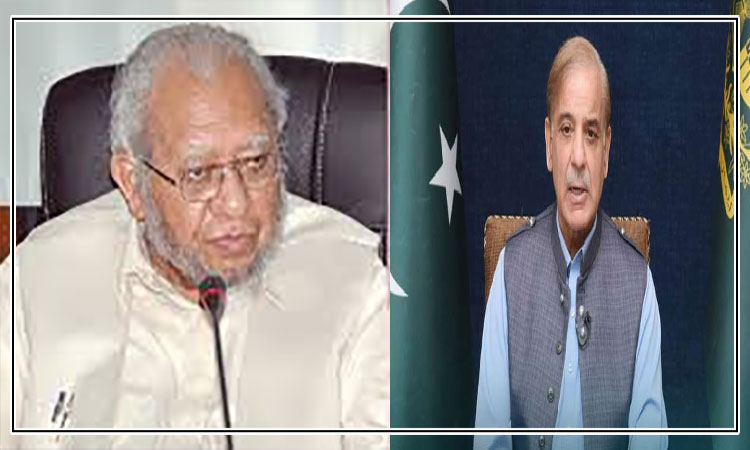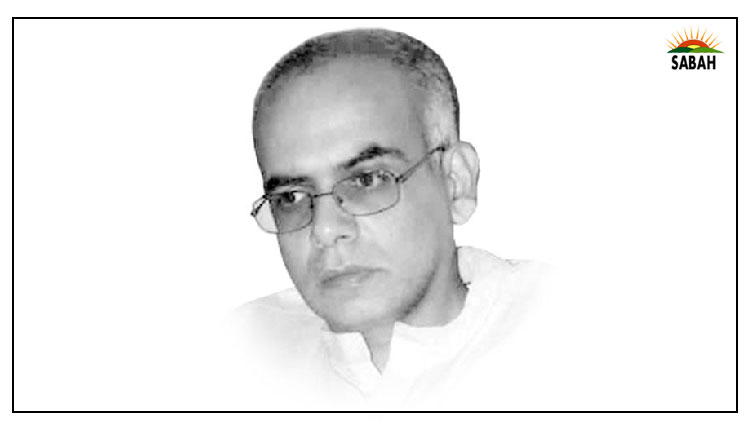Implications of a proposed change of guard at World Bank… Syed Mohammad Ali
The World Bank and the International Monetary Fund (IMF) are well known entities within resource-constrained countries around the world. It thus makes sense that the proposed change of guard at the World Bank, which aims to usher in a new President of South Asian origin, has evoked significant international attention.
The World Bank and the IMF were established right after WWII. The purpose of the IMF is to provide loans to help economically distressed countries achieve macro-economic stabilisation. The World Bank, on the other hand, attempts to help poorer countries achieve sustainable economic growth. The roles of the IMF and the World Bank in achieving these objectives, however, remain the topic of much contention.
In principle, all member countries are meant to have a say in the appointment of Presidents of the World Bank and the IMF. However, voting power in each of these entities is concentrated in the hands of richer countries which hold a higher share of capital stock within these entities. The European Union still gets to choose who will head the IMF, whereas the US appoints the President of the World Bank.
At the end of last month President Biden nominated Ajay Banga, a Sikh-American, to lead the World Bank. The fact that the US president has nominated someone who was raised in India has caused a predictable stir within the so-called developing world. The World Banks board needs to confirm this nomination in May, but that is basically a formality. Mr Banga is thus poised to be the first Indian-American, and the first Sikh-American, to get this important post. However, beyond the optics of a member of an ethnic minority being the face of the World Bank, Mr Bangas appointment would not mean much in terms of how this lending agency works.
For the first few decades of its existence, when Keynesian supply-side economics still held sway, the World Bank used to lend money to the governments of poorer countries to support their goal of improving the lives of their people. However, financing top-down economic policies was not only prone to corruption, but such efforts also failed to let wealth trickle down to the masses.
While the debts of poorer countries continued to balloon, the World Bank came under the sway of neoliberalism. It increasingly began to use loan conditionalities to pry open the economies of borrowing countries, to discourage public spending, and instead to increasingly encourage the use of the market mechanism to cater to the needs of ordinary people.
While economic growth has occurred due to structural adjustment, this growth has been erratic, and the problem of elite capture, increased indebtedness and glaring inequalities continue to plague most World Bank borrower nations.
It is in this context that the appointment of a new World Bank President must be assessed. Mr Banga formerly headed Mastercard, and he has extensive experience working on Wall Street. President Biden has chosen Mr Banga to succeed David Malpass, a President Trump appointee, who resigned a year before the end of his term. Mr Malpass, a former Under Secretary of the US Treasury, had apparently been appointed by Trump due to his tough stance on China. However, Mr Malpass seems to have upset the Biden administration due to his skepticism about global warming being caused by human action.
President Biden wants his new nominee to steer the World Bank toward addressing climate change, but it is unlikely that Mr Banga will change how the World Bank approaches this problem. Mr Banga is likely to intensify reliance on private capital in the effort to raise additional funds for poorer countries struggling with climate changes that they have done so little to cause. World Bank critics thus remain skeptical about the ability of this new appointee to contend with the climate crisis or to alleviate global inequalities via increased reliance on the private sector, which itself is responsible for much of the environmental stress and inequality plaguing our world today.
Courtesy The Express Tribune, March 3rd, 2023.












